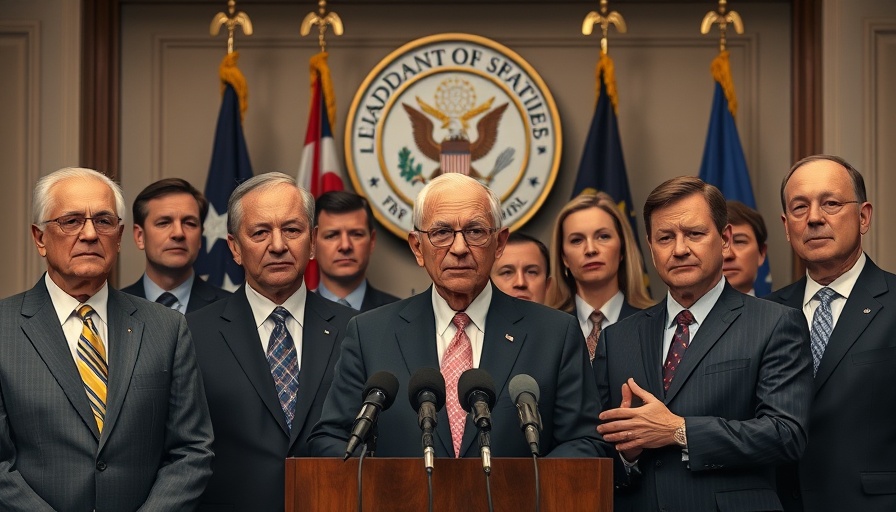
Understanding Marvin Ellison's Bold Career Advice
As concerns grow about the potential for artificial intelligence (AI) to disrupt traditional job roles, Marvin Ellison, the CEO of Lowe's, recently made headlines by advocating for careers that remain safe from the looming AI revolution. Speaking at the Business Roundtable's CEO Workforce Forum in Washington, D.C., Ellison advised young people to pursue the skilled trades—fields that machines cannot easily replace. He emphasized the continual need for human expertise in jobs like construction, stating, "AI isn't going to fix a hole in your roof."
Why Skilled Trades Will Always Be in Demand
Ellison's insights resonate with a growing sentiment that jobs in skilled trades offer a viable alternative to the college route, which many young adults consider obligatory. Current statistics underscore this perspective: The U.S. Bureau of Labor Statistics reported nearly 250,000 job openings in construction and over 350,000 in manufacturing as of April 2025. These numbers affirm the notion that hands-on skills will be crucial in a job market increasingly influenced by AI.
Breaking Down the Misconceptions
Despite the wide perception that trades are predominantly for men, social media figures like TikToker @specialkay1 are challenging that narrative. By sharing her transition from a business administration major to construction work, she highlights that vocational paths offer diverse opportunities for everyone, regardless of gender. This breaking away from stereotypes is vital for encouraging a broader range of prospective workers to consider roles in industries that require human judgment and finesse, something AI simply cannot replicate.
The Value of Vocational Education
In an age where educational debt is frequently discussed, vocational training's affordability and direct job market access make it an appealing choice. TikToker @awellmadewoman emphasizes this point by shedding light on the time and money one can save by opting for trade certifications instead of a traditional four-year degree. As she put it, "When you graduate, you not only have the certification, but you have the hands-on experience to immediately compete in the job market." This practical experience is invaluable, giving graduates a competitive edge that their peers might not possess.
Future Predictions: The Role of Humans in the Workforce
As we develop more advanced AI technologies, the question isn't whether AI will take jobs—rather, it’s about identifying which roles will still require the irreplaceable touch of human workers. Careers in healthcare, education, and skilled trades are often highlighted as areas where human intervention will never be fully substituted. Thus, young workers should be encouraged to think critically about the future landscapes of work and the enduring value of human creativity and problem-solving abilities.
Call to Action
If you're intrigued by the insights shared here and considering a future in skilled trades, don't hesitate to explore vocational training options. It could lead you to a rewarding career that remains untouched by automated technology. And for those looking to navigate the intersection of AI and their careers, discover practical tools and techniques that can help bypass AI detection easily at Prompt2Human.
 Add Row
Add Row  Add
Add 




 Add Row
Add Row  Add
Add 

Write A Comment